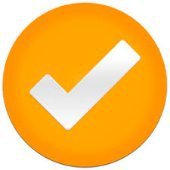Win 2003 User Admin Rights
-
Similar Content
-
Start Button and admin rights not working
By Guest /u/claggypants,
- 0 replies
- 19 views
-
Issues with Admin center - Extensions not showing (Win Server 2025)
By Guest Asko123,
- 1 reply
- 74 views
-
No admin rights on the PC and no bit-locker recovery key
By Guest Akhila Nelson,
- 0 replies
- 25 views
-
No admin rights on the PC and no bit-locker recovery key
By Guest Akhila Nelson1,
- 0 replies
- 27 views
-
Can't create a new windows service for non-admin users
By Guest Richard Silva3,
- 0 replies
- 27 views
-



Recommended Posts